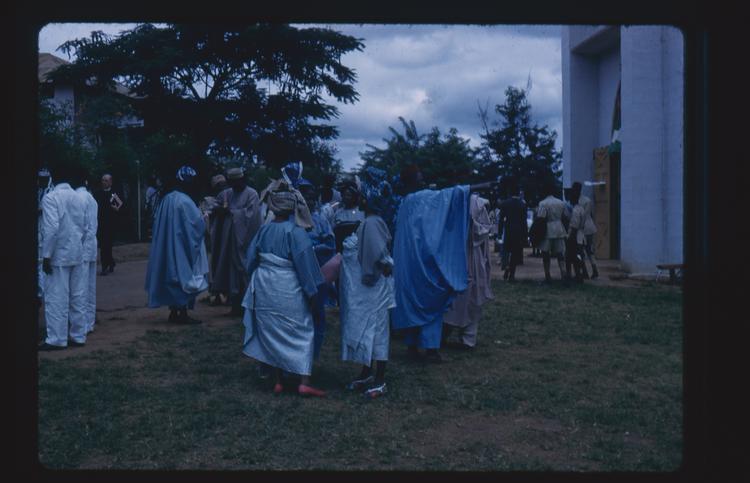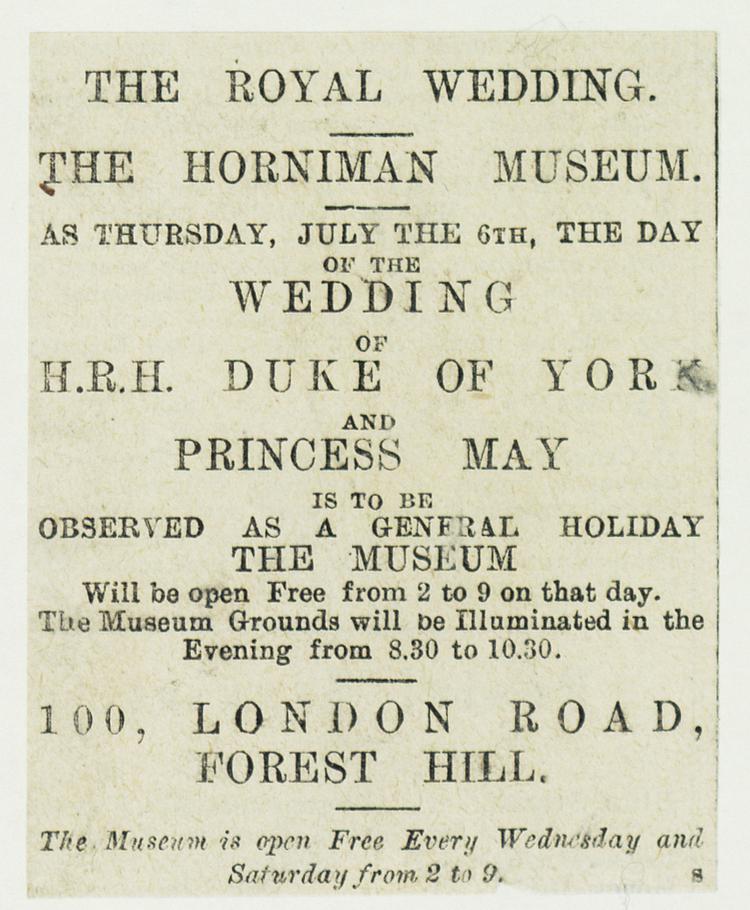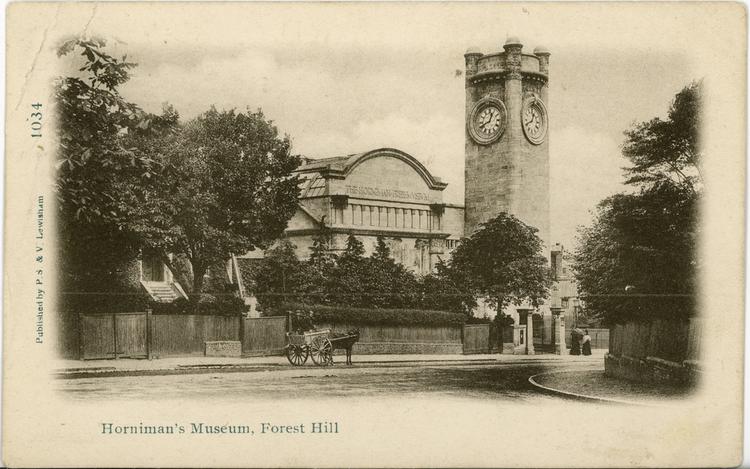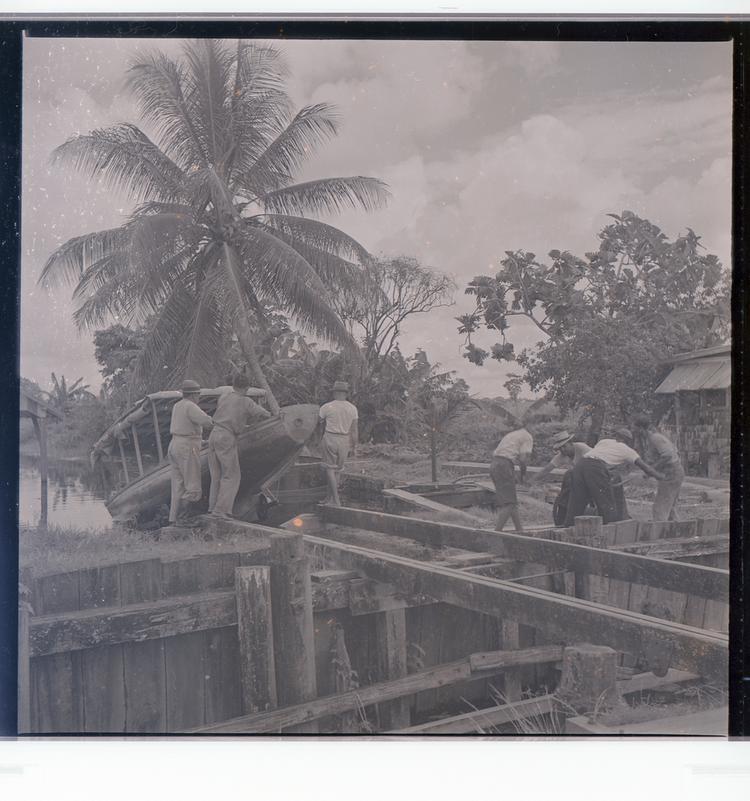
A press cutting informing neighbours about the museum and the interesting and instructive exhibitions available to view for free and by the request of Mr. Horniman. This is due to the many enquiries received, by people, who were unaware of the museum and what it offers. It follows with the days and times in which the museum is open and mentions it lies within 5 minutes’ walk from the Forest-Hill and Lordship-Lane railway station. The excerpt follows with a description of the many attractions available to view at the museum with Chinese and Japanese paintings, embroidery, and masks, with a horse armoury and a torture chair from the dungeons of the Spanish Inquisition, dated 1679. An Elizabethan bedroom with furnishings of old carved oak, a spinning wheel, and leather bottles, and an old comb used by Queen Elizabeth. On the walls contains a facsimile of the ‘Papyrus of Ani’, Cyprian and Roman pottery and glass, and the Locomotive room shows the evolution of the means of transit from the primitive surf-boat and canoe of the Indians. Egyptian mummies, funeral wreaths, amulets and other mystical objects occupy rooms available to view at the museum. The excerpt continues with a room dedicated to anyone who is fond of old books will be delighted with the Bible room. The room is filled with different books dating from 1477 to 1550, and with it a collection of civic medals, coins and valuable manuscripts from the Conquest. The press cutting concludes with the remaining five rooms which are filled with Natural History, such as a collection of butterflies, birds, and beasts of very fine and grand nature.






